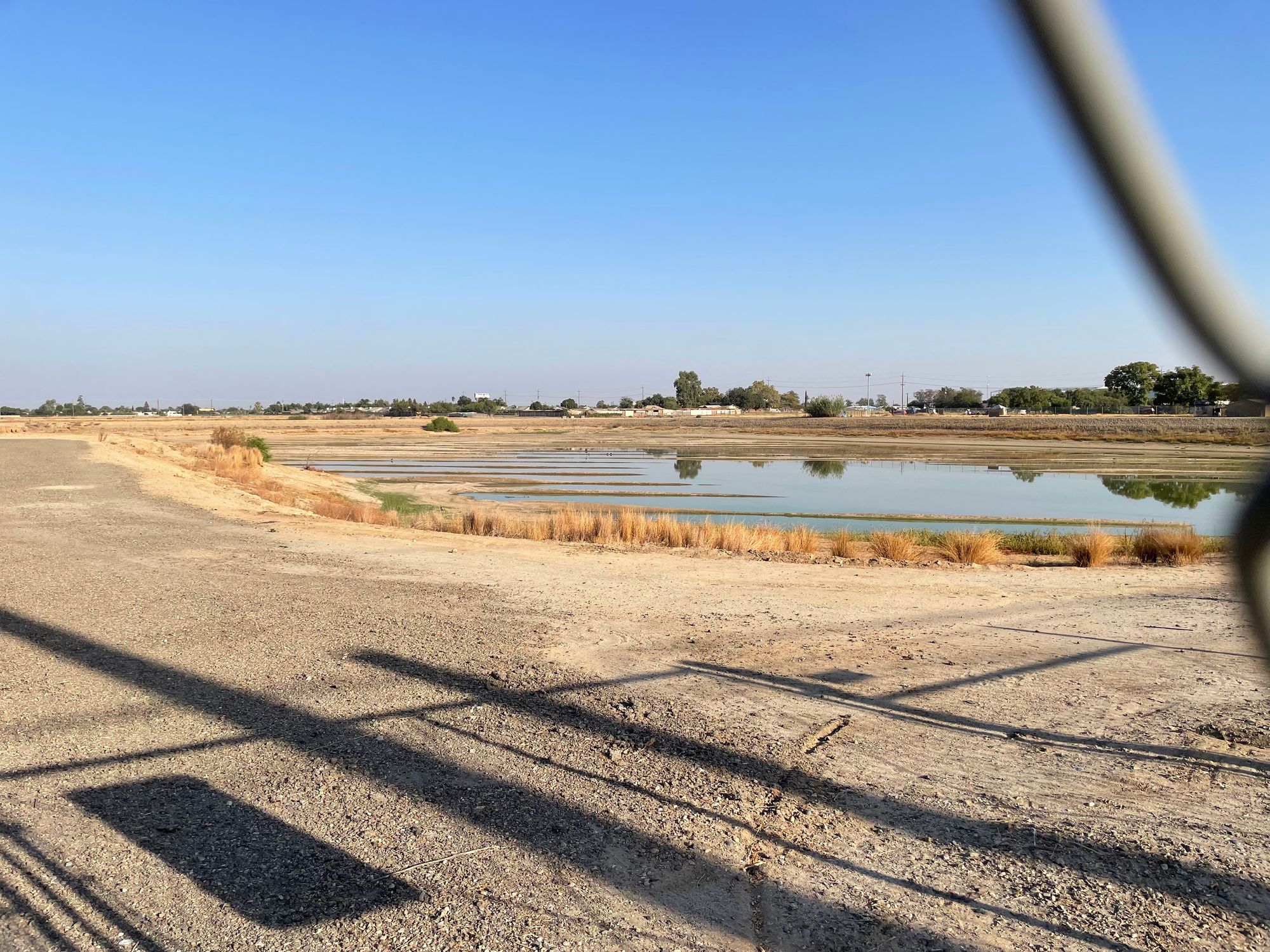Who owns the flood (yes someone owns the flood)

Almost exactly a year ago, I was wrapping my first draft of my WIRED feature about capturing flood water in California. There’d been a brief spate of rain in December, and it almost looked like maybe there would be water to recharge with. My editor was momentarily gleeful – “maybe there will be a flood!” – that would really have made the story, no longer 8,000 words of future hypothesis but real live water on the ground here and now. Then she realized what she was saying (“probably shouldn’t be wishing for floods, right?”) and I thought about when I’d spoken to Felicia Marcus a few months prior, the former head of the state water board that imposes the will of century-old water law on California. “I pray for rain, but not too much. People die.”
It didn’t flood then, of course. That turned out to be the last rain before the driest period on record in the state, the droughtiest drought we’d had since record-keeping began. My story was published in the May issue, but it was hardly a blockbuster. Most people were not thinking about the floods to come, the crisis and the opportunity – they were thinking about surviving in the dust.
But we really should know by now that these things never last.
With the latest deluge across the state – hundreds of miles and weeks of storms, the precise kind of “weather whiplash” that climate scientists have predicted for years, and really in many ways the same kind of precipitation swing to which California is naturally accustomed, albeit a more extreme version – suddenly everyone is eager to capture every extra drop in every tributary from the Sierra to the Pacific. Or at least, that’s the discourse, the op-eds in the national newspapers, the discussions on public radio, in the tweets.
At the state water board, fewer than ten permits to capture high magnitude flows sit waiting for approval while the water flows. If those districts capture anything before they are properly licensed, they can face daily fines of $1,000. These permits last for 180 days. One groundwater researcher told me it can take 170 days to hear back. Next season they’ll need to apply again and hope for rain once more.
There’s little to no capacity for capturing even a fraction of this latest flood water. One of my sources tossed off her estimate for the amount of floodwater that could be captured if all infrastructure and programs were up and running: 1-2 percent. We perpetually plan for drought (as we should) – but with little investment in flood, even though between historic precipitation patterns and recent climate research, we should have known (these things never last).
But also, and really most importantly: There is no “we.”
Every drop captured is just that: It becomes an asset to someone, no longer a public resource. Of course that's preferable to a flooding disaster, but it makes the entire operation exponentially more fraught. Every drop will be claimed by an irrigation district or water company that paid the thousands of dollars to the state for the license. Those with the means are more likely to be able to capture more. If I were the state water board, I would also be nervous about approving those licenses – each one an invitation for conflict with another water district.
Water’s nature is to spread; ours is to contain.
I'll be continuing to follow this story in 2023 as an Alicia Patterson Foundation fellow, reporting on California water and policy. I found out I’d won the fellowship as the rain was picking up at the end of December. My work will take me across the state this year as I research and write my book, The End of the West, to be published by Random House at some point in the future. After I finish writing it.
I launched Endless Bummer at the end of 2022 as I was finalizing that book deal. I wanted a kind of open reporter's notebook for the project. I'm also slowly transitioning from Patreon in favor of a more open platform that's more conducive to the work I do (ask me about fighting with Patreon HTML) – if you're wondering why you received this without signing up, it's because I ported all those emails here. I hope you'll stick around and follow along.
Next week: Fire.